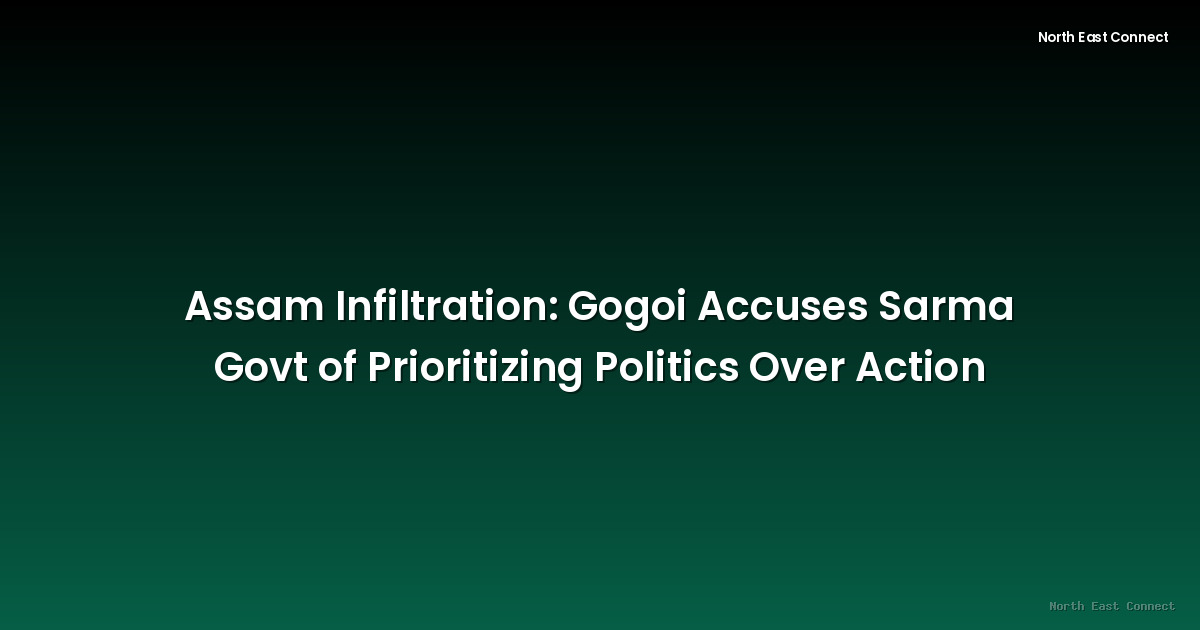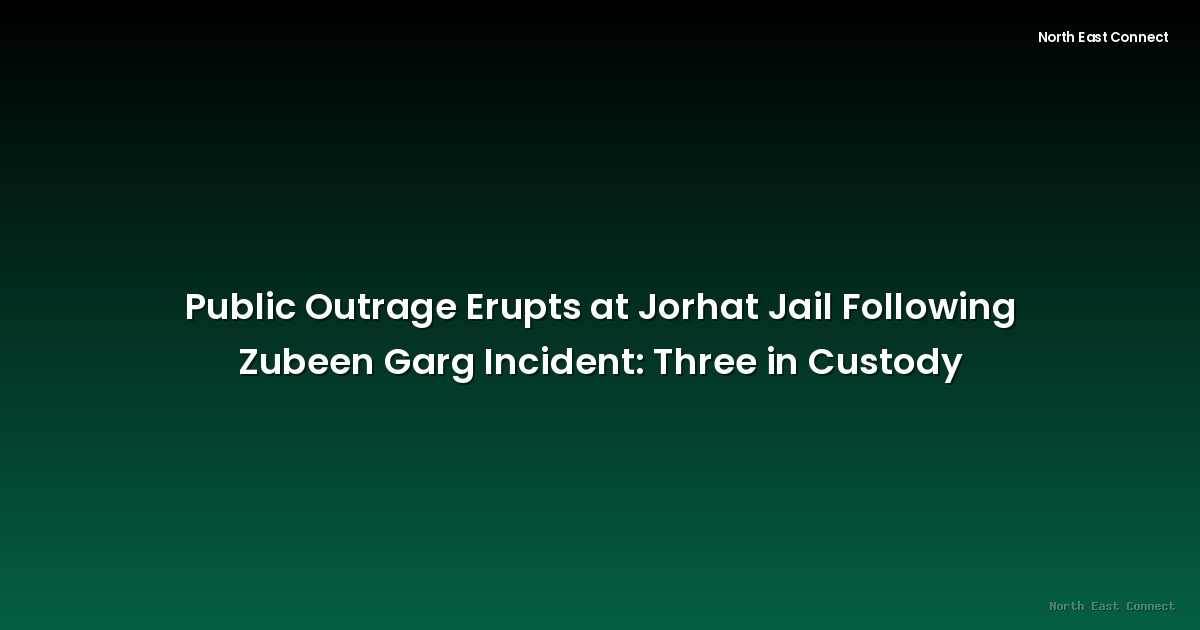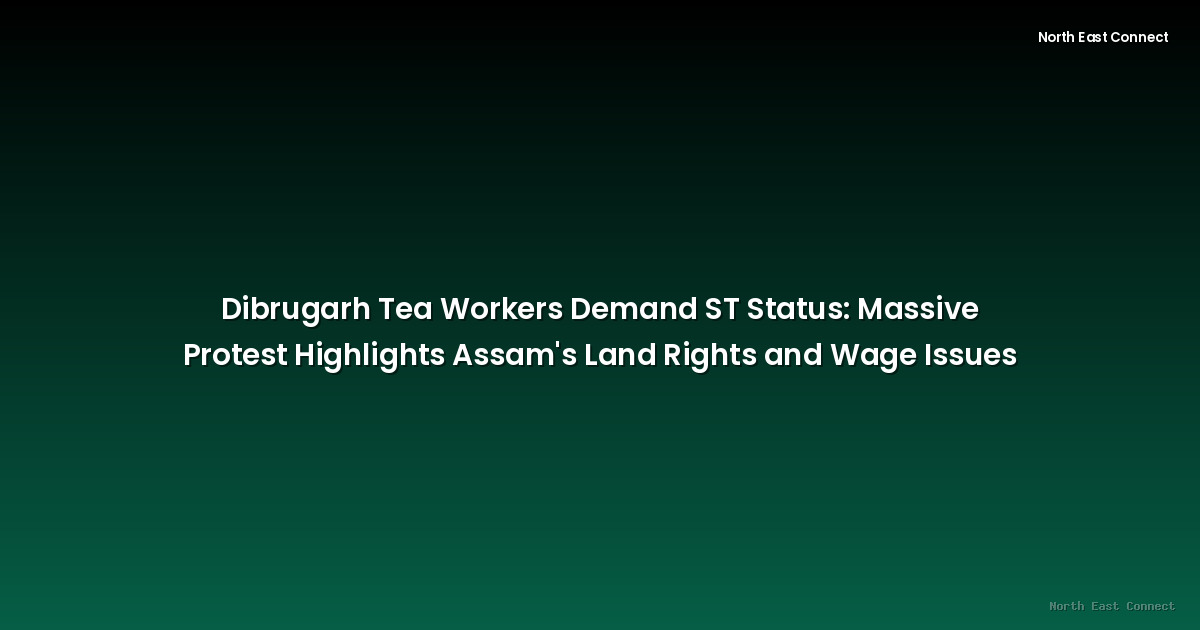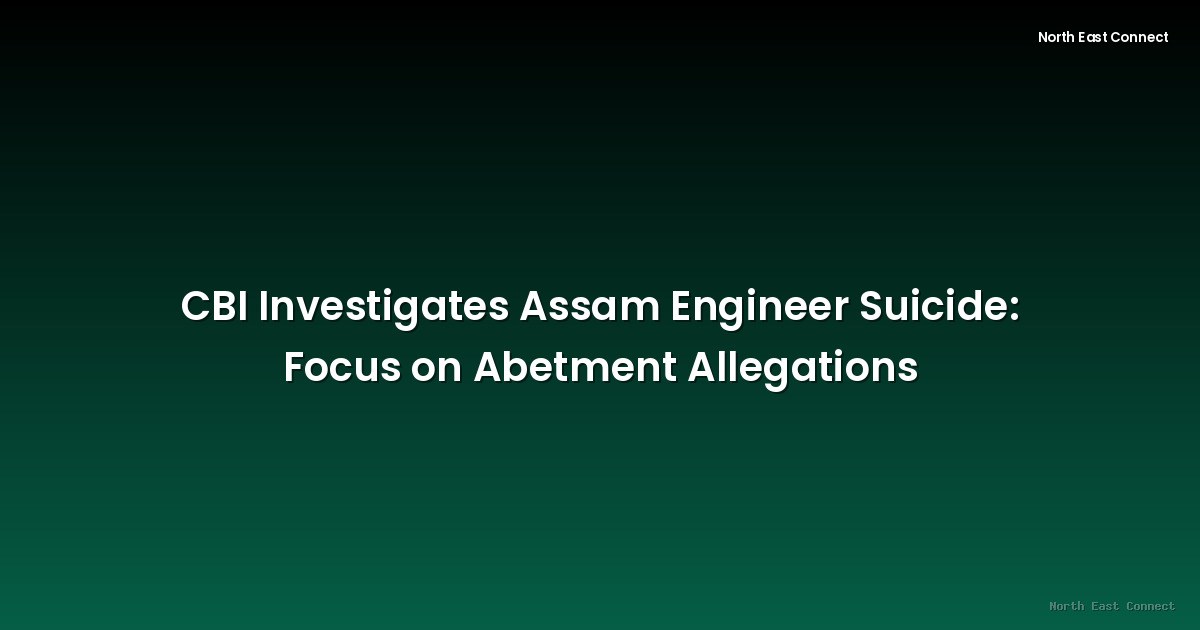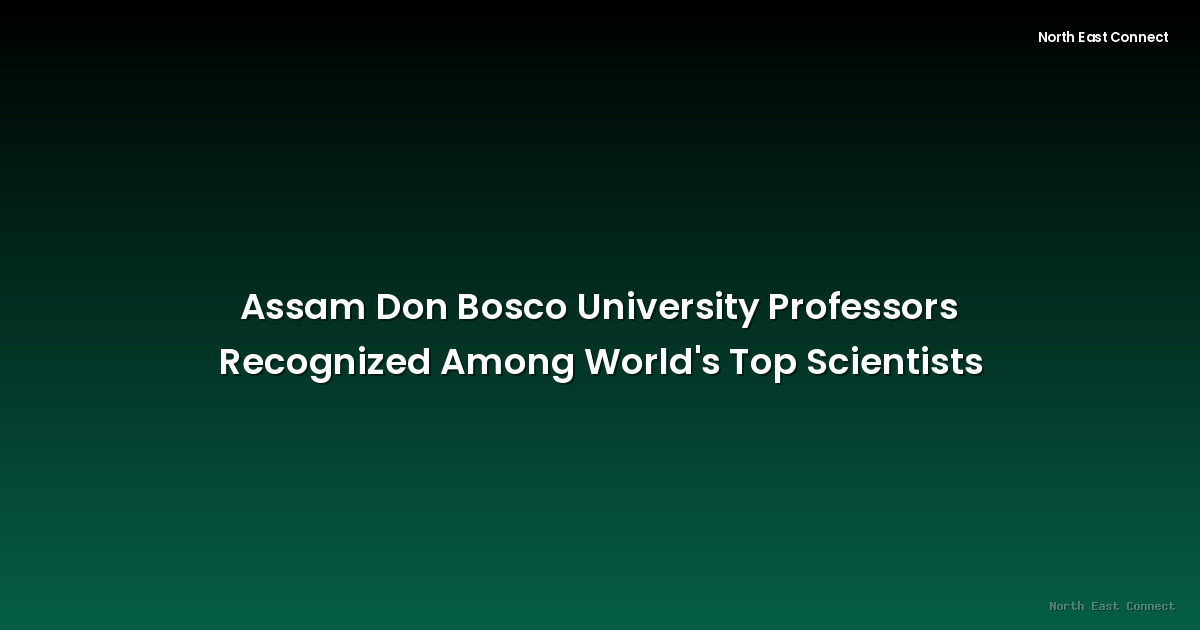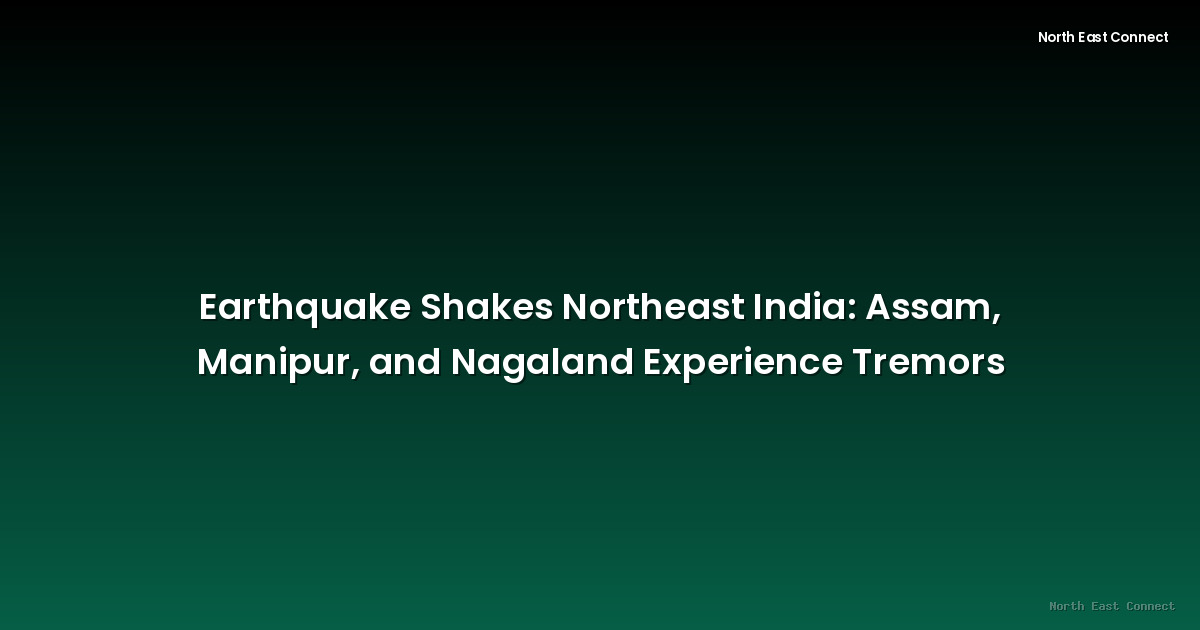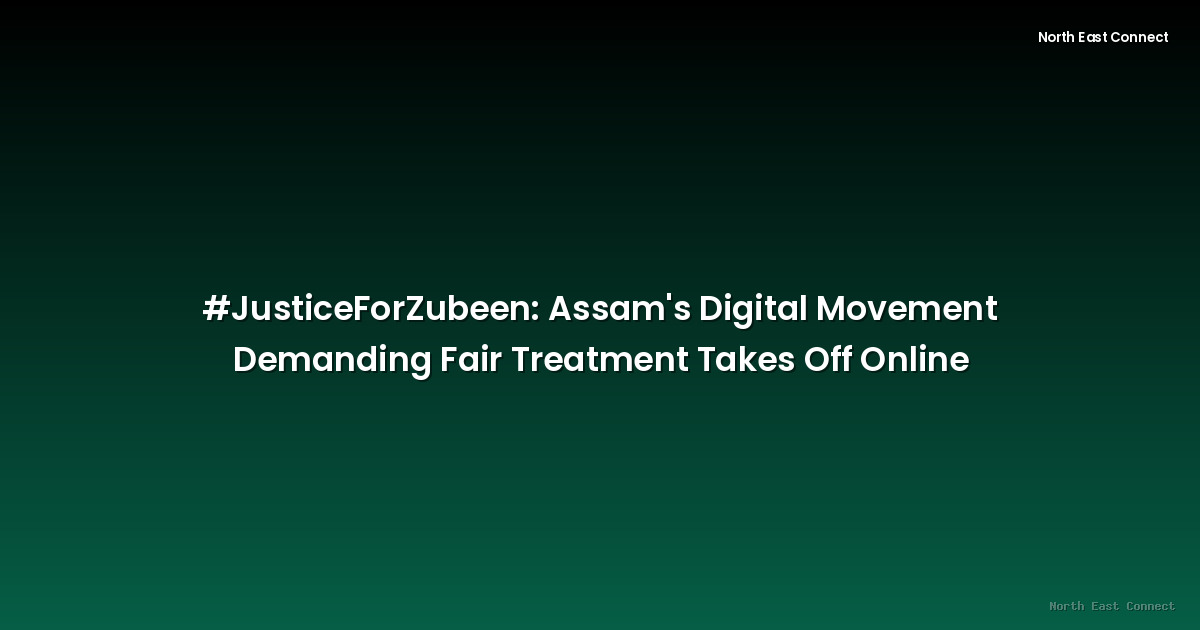2025-08-26 · News
Assam's political landscape is currently marked by a heated debate surrounding the issue of infiltration. Member of Parliament (MP) Gaurav Gogoi has launched a sharp critique of Chief Minister Himanta Biswa Sarma's administration, accusing it of prioritizing political strategies over taking concrete steps to address the problem of illegal immigration into the state.
Gogoi's criticism centers on the perceived lack of decisive action by the state government in tackling infiltration. He contends that the current approach prioritizes political posturing rather than implementing effective measures to curb illegal border crossings and the settlement of undocumented migrants. While specific examples or evidence provided by Gogoi in his statements were not detailed in the original news report, his assertion implies a failure of existing government policies and strategies to produce tangible results.
The core of Gogoi's argument highlights a perceived disconnect between the government's rhetoric on tackling infiltration and the on-the-ground reality. He suggests that the government's focus is misplaced, potentially diverting resources or attention away from crucial border security initiatives and enforcement mechanisms. The lack of concrete evidence of significant action against infiltration leads to Gogoi's claim of political maneuvering, implying that the government's actions (or lack thereof) are motivated more by political calculations than by a genuine commitment to resolving the problem.
This recent escalation of political tension adds another layer to the ongoing complex issue of infiltration in Assam. The state's history is intertwined with debates about demographic changes and the impact of undocumented migrants on local communities and resources. The accusations raised by Gogoi are significant because they challenge the government's narrative on this sensitive topic and could reignite public debate on the effectiveness of existing border management and immigration policies.
The ensuing political discourse is likely to intensify scrutiny of the Assam government's policies and their efficacy in addressing the sensitive issue of illegal immigration. Further developments and responses from the state government are expected in the coming days, potentially shaping the narrative further and influencing the public's perception of the handling of this longstanding challenge. The situation underscores the need for a transparent and comprehensive approach to address infiltration, balancing security concerns with the rights and welfare of all residents. The ongoing debate highlights the complexity of this issue and the significant political ramifications attached to its resolution. The lack of specific policy details or instances cited by Gogoi prevents a more thorough analysis of the situation, however, the broad claim of inaction warrants attention and further investigation into the efficacy of current state-level measures.
The exchange between Gogoi and Sarma represents a significant development in the ongoing political and social debate around the highly sensitive subject of illegal immigration into Assam. Further updates will follow as the situation unfolds.

